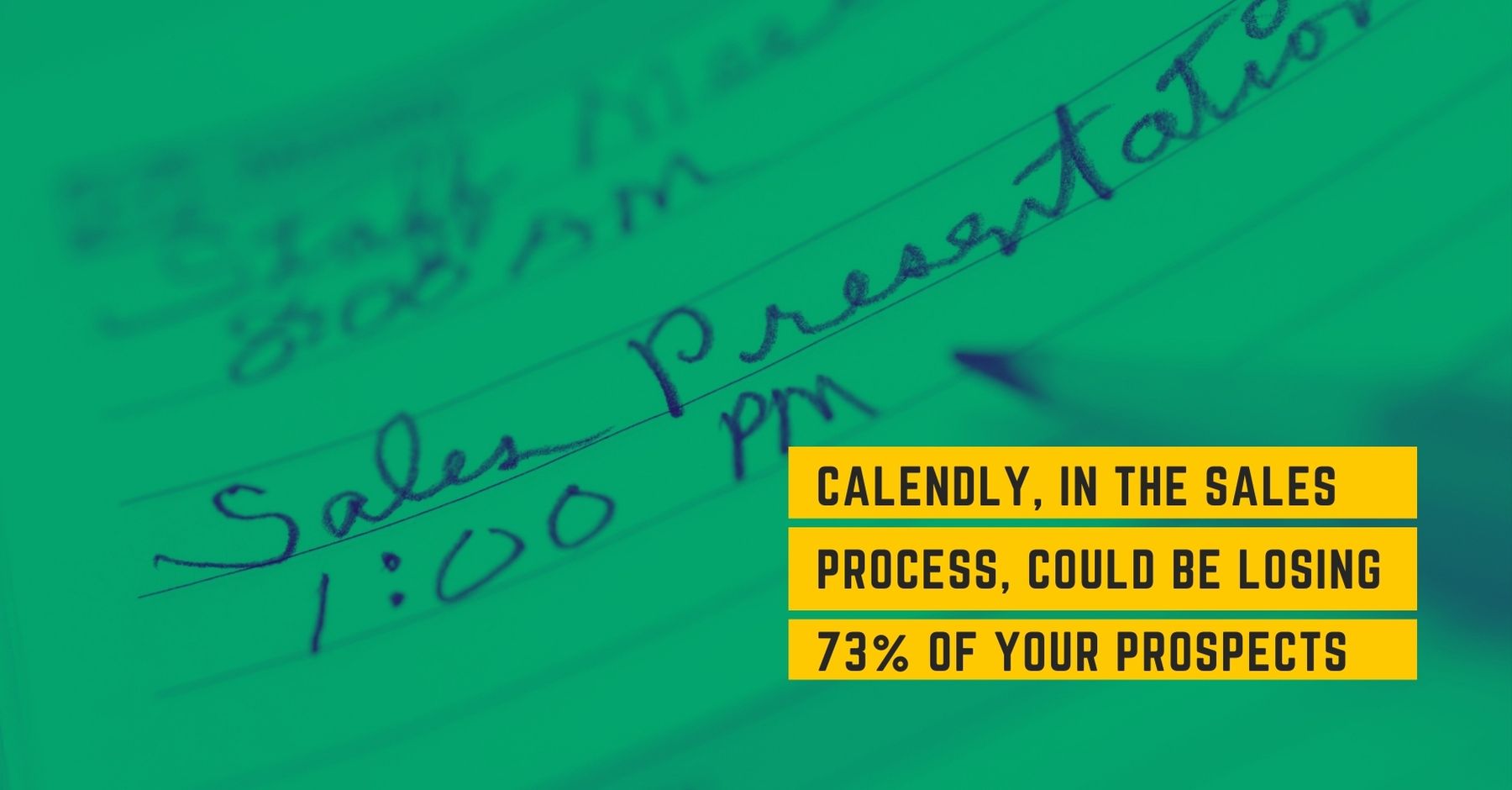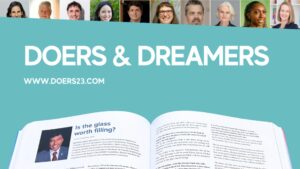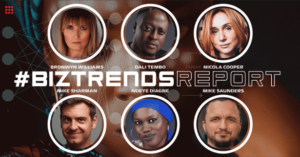In a burst of frustration last week, I vented on Linkedin and ran a poll to see if people responded well to being asked to book an appointment with a Calendly link.
Let’s be clear; I am a huge advocate for technology and how it improves people’s lives. I am also not taking a stab at Calendly directly. They are just the victim of being the defacto software that most people relate to when it comes to being asked to ‘make a booking.’
Places I love and would love to be asked to use Calendly – to book an appointment with my Chiropractor or my tattoo artist. I would also book space into a consultant diary once I have agreed to buy their time or service. The booking software tool is convenient and offers a superior service in these examples. However, in each of these cases, I trust the person I’m making the booking with. I am happy to now schedule time with them that suits my diary, or in some cases, I will move my diary around their schedule – like when I haven’t had a haircut in two months or slipped a disc in my neck.
The keyword for me is ‘trust’, and I have spoken about this a lot over the last few years. Calendly fails in the sales process for me – why would I or any other self-respecting person take time out of my day to schedule an appointment with someone with who I have little or no trust capital? It’s simple; I won’t. I’m not invested – so I won’t dedicate the time.
Calendly says this about how their product can help the sales process:
“Calendly is a simple, easy-to-use (but powerful) scheduling software. It makes promises and delivers as a time-saver, sales accelerator, service quality enhancer. It eliminates the old-school way of using email and phone tags for scheduling appointments, calls, interviews, demos, and more. Calendly lets you engage with your best leads in real-time, so your sales team can close more deals fast. Reduce drop-off by immediately sending a scheduling link to leads that fill out your web form, or let qualified leads schedule right from your website.”
It speaks directly to the pain point of the salesperson, which is good messaging from Calendly’s point of view. The problem is that I don’t see any mention of how a tool like this reduces drag, improves trust or attracts the prospect into the sales journey. It is built on the promise of making the sales team more efficient by bending the customer’s will to the sales team’s processes. It’s my view that most people on the receiving end of the sales journey are not open to bending to someone else rules or putting in sweat equity until there is an obvious indication of the value promised and my trust in their ability to deliver.
The poll results seem to echo my thoughts, with 73% of people ignoring or deleting these requests. That’s a lot of missed sales opportunities, relationships lost and trust misplaced. A humancentric sales strategy would build itself around the needs of the prospect
A digitally-led, humancentric sales strategy would build itself around the needs of the prospect. It would focus on the needs, wants and interactions of their prospect and would look to establish trust quickly in the relationship by providing more convenience, efficiency and value in the sales cycle. Bringing Calendly into the sales cycle too early will work against salespeople more than work for them – unless of course, they have something a product that the prospect desperately needs or wants. In this case, as BJ Fogg presents, the more someone is motivated to buy something the more hoops they will jump through.
In most cases, salespeople are selling to people who are not highly motivated to buy, and therefore they should do everything possible to make the process as easy as possible, building trust along the way and finding every opportunity to improve the relationship between the salesperson and the prospect.
I present a Digitally Led, humancentric framework in my book Humancentric and as a Keynote Speaker. I also speak more into the principles of building trust in a digital economy and the application of the Fogg Behaviour Model. To get a copy you can buy it online or contact me to get an autographed copy delivered to you.






